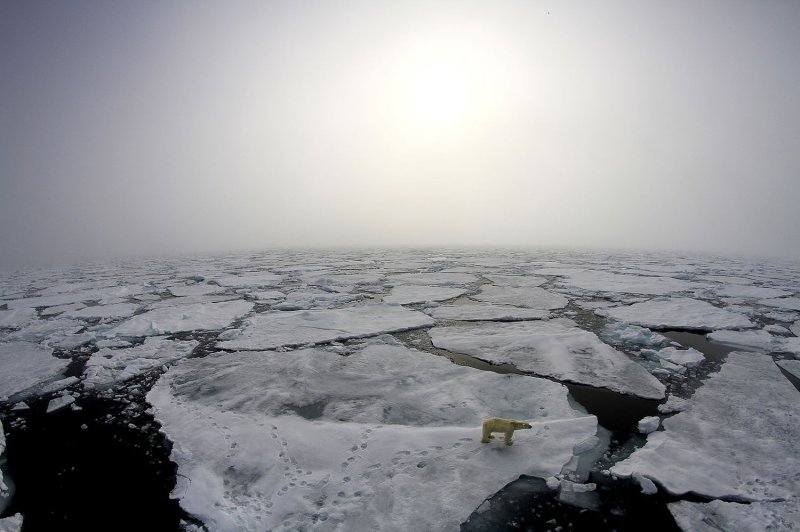Dec. 19 (UPI) — Nearly 200 countries reached a landmark agreement at the COP15 biodiversity summit — signing off on a unified plan for the world to protect nature, endangered species and other critical resources for the next decade.
The newly approved Global Biodiversity Framework sets a path for each country, by 2030, to designate 30% of land that would remain undeveloped in an effort to support nature and the environment.
“The global community now has a roadmap to protect and restore nature, and use it sustainably — for current and future generations. And investing into nature also means fighting climate change,” European Commission President Ursula von der Leyen said in a statement welcoming the plan.
If fully implemented, the plan would hold major implications for farming, business supply chains and Indigenous populations around the world as countries step up efforts to safeguard the environment.
Negotiations lasted for more than seven hours on Monday before 192 member nations reached a deal on the final day of the conference which began about 10 days ago in Montreal, Canada.
“Just six months ago, we didn’t know if we were going to even be able to have this conference and or even less to be able to adopt this historic document,” said Canadian environmental minister Steven Guilbeault. “And this was only possible through the collaboration of all countries present here tonight.”
While the agreement is historic, it also follows decades of failure on the environment, according to a recent report from the United Nations on the destruction of ecosystems in the last decade.
The plan rising out of COP15, known as “30×30,” gained some traction this past summer when the European Union passed legislation that banned the import of products that contribute to deforestation — including cattle, coffee, cocoa, soy, and rubber.
Virginijus Sinkevičius, the EU commissioner for Environment, Oceans, and Fisheries shared a video from inside the plenary session, showing hundreds of world delegates erupting in applause after the deal was reached.
Nations now have eight years to implement the plan, however, the U.N. lacks any power to enforce the accord, with tens of billions of dollars at stake for conservation efforts.
The conference, which had been delayed for more than four years due mostly to the COVID-19 pandemic, operated under the premise that humanity is currently the greatest threat to life on Earth as evidenced by climate disasters that continue to wreak havoc around the globe.
The mission is to guide the world in efforts to protect critical resources for future generations.
Biodiversity refers to the variety of life on Earth in all its forms, including all species, ecosystems, and microbes, and their interrelation with ecological processes that provide the means for life to exist.
As negotiations stretched into the predawn hours on Monday, delegates for the Democratic Republic of the Congo failed in an attempt to block the final measure, which was pushed through over objections by several African nations, including Cameroon and Uganda, who wanted a new fund to be set up for the effort instead of dollars funneled through the United Nations.
The 30×30 strategy is based on a widely-held theory that 30% conservation would correspond to a 1.5-degree reduction in global warming, although scientists have disputed this claim.
The proposal has also sparked controversy among human rights advocates who warn it could lead to increased land seizures and violence against Indigenous communities throughout Canada, where the plan has been embraced by the nation’s top lawmakers.
Last month U.S. climate czar John Kerry announced a $10 billion partnership with The Rockefeller Foundation and the Bezos Earth Fund that would help developing countries with the transition to a clean energy future.

